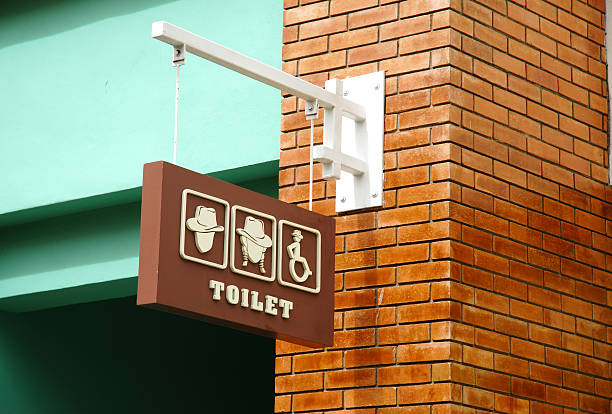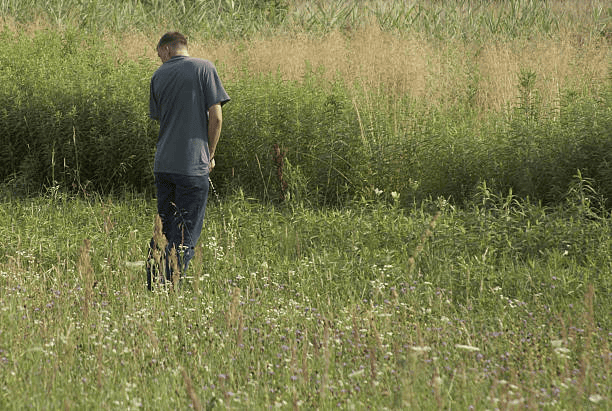Did you know that peeing in public is a criminal act in New South Wales (NSW), Australia? Public urination in NSW is seemingly a harmless act but it can actually land you in trouble. The primary reason falls under the Summary Offences Act 1988 (NSW), specifically Section 4, which prohibits “offensive conduct” in or near public places.
Moreover, urinating in public is generally considered offensive and disrespectful to others using the space. This offence doesn’t require specific intent, meaning the prosecution only needs to prove the act happened, not that the individual intended to cause offence. However, the courts consider factors like location, time, and presence of others when determining offensiveness.
Peeing in Public: NSW Laws You Need to Know About
Under the Summary Offences Act 1988, offensive conduct, such as peeing in public, is punishable with 6 penalty units (AUD 660) or three months imprisonment. Urinating in public is generally considered offensive and disrespectful to others using the space.
Section 4 of the Act states the following rules:
- A person must not conduct himself or herself in an offensive manner in or near, or within view or hearing from, a public place or a school.
- If the defendant can convince the court that they had a legitimate purpose for acting in such a way, that justification will be enough to prevent a prosecution for an offence under this section.
Additionally, Crimes Act 1900 (Sec. 393A) explicitly states that a person commits an offence if such a person urinates in a public place (other than in a toilet). Section 393A is a strict liability offence; in other words, a fault is not a consideration – if you committed the act, you can still be found guilty regardless of your mental state.
The maximum penalty for this offence is 10 penalty units or AUD 1100. To formulate a defence against this criminal violation, you must show that there were circumstances of sudden and extraordinary emergency.
Peeing in Public: Community Health Implications
Public urination can have several negative implications for community health. This impacts both physical and social well-being. Although it may seem that peeing in public is harmless, there can be direct and indirect health risks to the community as a whole.
For one, peeing in public can spread diseases. Urine can carry various bacteria and pathogens, including E. coli, hepatitis, and sexually transmitted infections. When someone urinates in public, these pathogens can contaminate surfaces and be transmitted to others through direct contact or inhalation.
Moreover, urinating in public can contribute to a sense of uncleanliness and disorder, making public spaces less enjoyable and discouraging people from using them. This can have a negative impact on the mental well-being and social interaction of the members of the community.

Public Urination Ticket Citation: What to Do?
A public urination ticket in NSW is a criminal infringement notice issued by a police officer or other authorised personnel for the offence of urinating in a public place.
You may receive a citation if you urinate in a public location, apart from areas that are designated for that purpose. This covers all areas, streets, parks, alleys, building entrances and walls, and, if judged visible, the space behind parked cars.
In NSW, getting a ticket for public urinating can be upsetting, but it’s important to stay calm and follow the appropriate steps:
- Review the ticket. Carefully read the details on the ticket, including the offence, location, date, and time. This information will be crucial for your next steps.
- Gather evidence (if possible). Do you have any evidence or any reasonable excuse that peeing in public was the only reasonable way? If so, gather witness statements, photos, or medical documentation, for future reference.
- Decide how to proceed. You have several options, and choosing the right one depends on your circumstances and comfort level.
At this point, you have two options:
- Pay the fine. This is the quickest and simplest option, but it admits guilt and can have long-term consequences like a criminal record. From then on forward, you can be more responsible in timing your bathroom breaks outside of your home or looking for public toilets.
- Seek legal advice. Speaking with a lawyer can help you make sense of your alternatives, get through the court system, and strengthen your defence.
Defences for Peeing in Public
The law states that there’s a defence for committing the crime public urination: circumstances of sudden and extraordinary emergency. What are these circumstances?
While not explicitly written as a defence in the NSW legislation, there’s a common law defence: the defence of sudden and extraordinary emergency. You can potentially apply this defence in specific circumstances related to public urination in NSW. However, it’s important to understand that this defence is highly challenging to successfully argue in court.
To invoke this defence, you’d need to prove the following:
- Sudden or extraordinary emergency. The situation leading to public urination arose suddenly and unexpectedly, leaving you with no other reasonable option.
- No other reasonable course of action. You genuinely had no access to a public restroom or another suitable, private location to relieve yourself.
- Proportionality. The act of public urination was proportionate to the urgency of the situation and the potential harm avoided.
Here are some examples of situations where the Court might consider this defence:
- Sudden and urgent medical condition causing extreme urination urgency, with no immediate access to a restroom.
- Being trapped in a remote location with no access to restrooms for an extended period due to an unforeseen event.
However, it is essential to keep in mind that these are merely examples of possible outcomes, and the court will carefully consider all of the facts and circumstances surrounding your case. The following factors could weaken your defence:
- If nearby restrooms were reasonably accessible, the defence loses its strength.
- If there’s evidence suggesting you could have planned ahead or used a different location, the defence becomes less compelling.
- If the public urination occurred in a crowded area or caused significant inconvenience or offence, the judge might deem it disproportionate to the emergency.

Ask Us at JB Solicitors
By engaging a skilled criminal defence lawyer from JB Solicitors, you stand a better chance at achieving a favorable outcome.
Our criminal defence attorneys will assess the specific circumstances surrounding your case, identify any possible defences, and develop a strategic approach tailored to your unique needs. We may also be able to negotiate alternative sentencing options, such as community service orders or good behavior bonds, thereby avoiding more severe punishments like jail time.
Contact us today.
